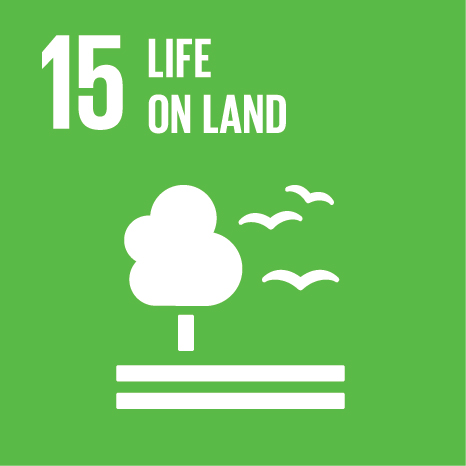Lisbon Urban Allotments A twentieth century cartographic account
Event Title
19th IPHS Conference, City-Space-Transformation
Year (definitive publication)
2022
Language
English
Country
Netherlands
More Information
Web of Science®
This publication is not indexed in Web of Science®
Scopus
This publication is not indexed in Scopus
Google Scholar
This publication is not indexed in Google Scholar
This publication is not indexed in Overton
Abstract
Access to food constitutes one of the most basic daily human needs. Throughout history, cities have been shaped in order to accommodate the growth of food, namely in garden allotments. The shape and location of such areas have received differentiated levels of attention by city authorities, guided by specific planning paradigms, while determining different urban form arrangements over time, including those for the production of vegetable farming. This presentation exposes the first attempt of a legend proposal for the existing types of vegetation present in the “Plan of the City” for Lisbon, elaborated between 1948 and 1959. The identification of these vegetation elements is important as it provides an opportunity to better visualize the metabolic condition of the City of Lisbon, at a period of time when deep societal changes affected its urban and territorial arrangements. During the 1950s onwards, Lisbon testified the elaboration of a number of municipal plans, including new neighbourhoods, determining the reorganization of its housing fabric and the consequent vanishing of vegetation areas. The implications of these on the spatiality of the Lisbon food system are yet to be determined and urge for further investigation, namely on historical mapping sources as it is here attempted.
Acknowledgements
--
Keywords
green spaces,vegetation areas,urban sustainability,urban planning,urban metabolism,cartography
Fields of Science and Technology Classification
- Other Agricultural Sciences - Agriculture Sciences
- Social and Economic Geography - Social Sciences
- Other Humanities - Humanities
Related Projects
This publication is an output of the following project(s):
Contributions to the Sustainable Development Goals of the United Nations
With the objective to increase the research activity directed towards the achievement of the United Nations 2030 Sustainable Development Goals, the possibility of associating scientific publications with the Sustainable Development Goals is now available in Ciência_Iscte. These are the Sustainable Development Goals identified by the author(s) for this publication. For more detailed information on the Sustainable Development Goals, click here.

 Português
Português




